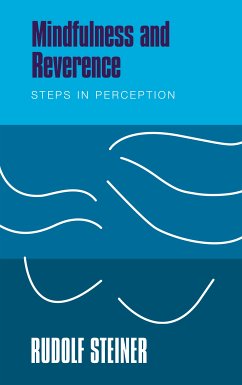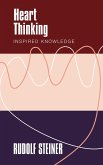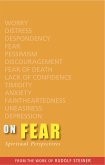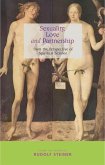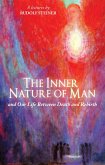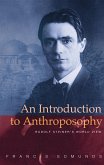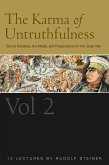In counterbalance to today's increasing intellectualization, the meditative exercises featured here connect with the perceptive activity of the human being's sensory organs. They could also be understood as exercises for developing empathy, helping to make our relationship with the world around us more conscious and intense.
Rudolf Steiner's texts are sensitively edited and arranged by Andreas Neider, whose introduction and notes add further clarity to the theme.
Dieser Download kann aus rechtlichen Gründen nur mit Rechnungsadresse in A, B, BG, CY, CZ, D, DK, EW, E, FIN, F, GR, H, IRL, I, LT, L, LR, M, NL, PL, P, R, S, SLO, SK ausgeliefert werden.
Hinweis: Dieser Artikel kann nur an eine deutsche Lieferadresse ausgeliefert werden.

